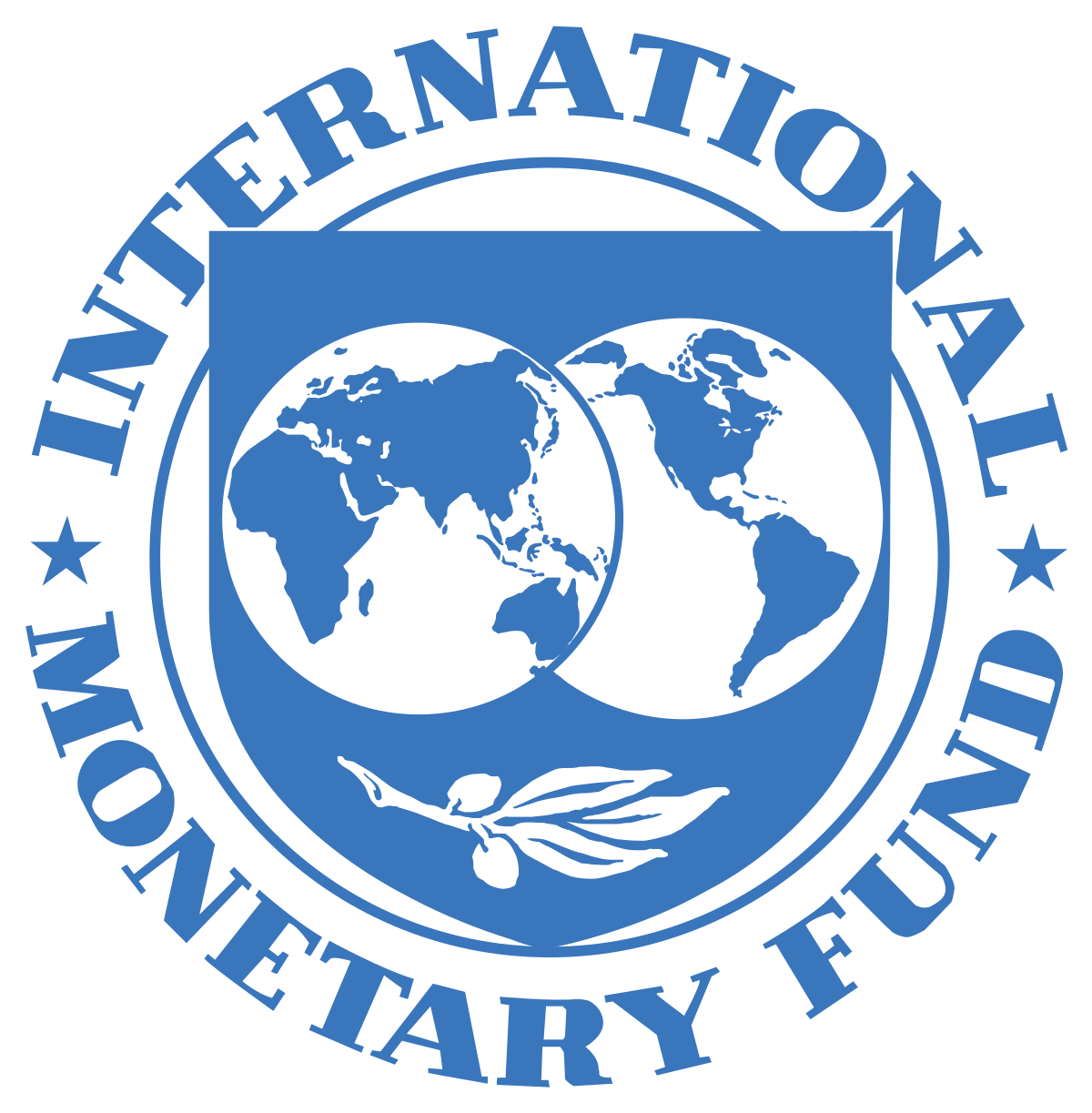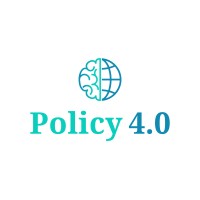| TIME |
AGENDA |
|
|
|
|
|
| 08:50 |
Welcoming Speech, Opening Remarks & Thank You Sponsor Speech By Forum Producer
|
| 08:55 |
Opening Address By Forum Chairperson |
 |
Mike Khan, CPA
Executive Director, Business Management, Finance and Program Governance, Client Engagement Group
Australian Taxation Office
|
|
09:00
|
The Future of Digital Currency: Digital Financial Services And Financial Inclusion
|
|
Universal access to financial services is within reach because of new technologies, transformative business models and ambitious reforms… As early as 2020, such instruments as e-money accounts, along with debit cards and low-cost regular bank accounts, can significantly increase financial access for those who are now excluded. |
 |
Ratna Sahay
Senior Advisor on Gender, Office of the Managing Director
International Monetary Fund |
 |
|
|
|
09:30
|
Building The Right Ecosystem For CBDC Development |
|
CBDC initiatives have gained momentum globally and it is no exception in Asia. With many central banks, commercial banks and FinTechs advancing the deployment of CBDC pilots, what is the right ecosystem for driving faster and more secure payment settlements across the world? The key to any viable CBDC will be in activating the comparative advantages of the diverse payments value chain, spanning liquidity providers, network operators, application providers, and end user wallet builders. Central banks will play a key role in orchestrating this ecosystem, and because of the infrastructure around them, have a tremendous opportunity to offer purchasing power.
In this session, R3 will provide a guide for considerations relevant to the issuance, governance , and facilitation of a CBDC. |
 |
Willy Lim
Solution Architect
R3 |
 |
|
|
|
| 10:00 |
The Rise Of / Outlook For Digital Securities
|
|
|
 |
Benjamin Quinlan
CEO and Managing Partner
Quinlan & Associates |
 |
10:30
|
The Bank Of England’s Exploration Of CBDC |
|
The Bank of England and HM Treasury have announced the launch of a taskforce to explore a potential U.K. central bank digital currency (CBDC). This presentation will share some of the use case study, challenges and future opportunities around CBDC. |
 |
Shiv Chowla
Senior Manager for Central Bank Digital Currency (CBDC)
Bank of England |
 |
|
|
|
11:00
|
Revolutionizing Remittances: How Digital Currency Could Build A More Sustainable Global Economy
|
|
International remittances are the single largest source of external financing for many of the world’s low and middle-income countries. International remittance typically involves an archaic patchwork of correspondent banks, post offices and money transfer agents that usually pocket 7-10% of the total value of each transaction. International remittances using stable coins and their distributed ledgers could eliminate the need for costly intermediaries, allowing for lower fees and immediate settlement.
Reducing remittance transaction costs to 3% by 2030 is a target under Sustainable Development Goal 10, and if successful could constitute what would be, in effect, a huge tax cut for the world’s poor.
|
 |
Tanvi Ratna
Founder & CEO
Policy 4.0 |
 |
| 11:30 |
Lunch Break |
|
|
|
|
12:30
|
Creating A Trusted Global Digital Currency: The Spectrum Of Privacy And Confidentiality
|
|
As countries like China prepare to launch state-backed cryptocurrencies, various private-sector initiatives trying to do the same globally appear to be faltering. What would be required to create a trusted global cryptocurrency in the current economic and regulatory environment? |
 |
Eric Nguyen
Senior Manager Robotic Process Automation
Synergy Group Australia |
 |
|
|
|
13:00
|
China’s Central Bank Digital Currency: Development Status And Potential Impacts? |
|
Governments around the world are exploring the viability of digital currency. According to the BIS, 80 percent of the world’s central banks have already started to conceptualize and research the potential of Central Bank Digital Currency (CBDC), 40 percent are building proofs-of- concept (PoC), and 10 percent are deploying pilot projects.China is at the forefront and is expected to become the first major economy to launch a CBDC. Its sovereign digital currency program, dubbed Digital Currency Electronic Payment (DCEP), has launched one of the largest realworld trials in several cities over the last few months. By May 2020, China had already filed more than 120 patent applications for its official digital currency (alternately referred to as digital yuan in this article), more than any other country. |
 |
Dr. Jiaying Christine Jiang
Hauser Global Fellow
New York University School of Law, US |
 |
|
|
|
| 13:30 |
Implementing A Retail CBDC: Lessons Learned And Key Insights |
|
This presentation will inform policymakers on the lesson learned from recently launched CBDC pilot programs. The findings shows that despite differences among jurisdictions, a series of key insights on the design, operation and implementation of a CBDC, emerge from these experiences that could be useful for those exploring the possibility to launch a CBDC. |
 |
Raúl Morales Resendiz
Manager | Financial Markets and Infrastructures
CEMLA, Mexico |
 |
|
|
|
| 14:00 |
The Role Of The Public Sector And Public-private Cooperation In Digital Currency Growth |
|
Policy-makers at a number of central banks around the world are seriously considering developing and issuing a central bank digital currency, with a consumer-ready CBDC likely to arrive in the next five years. That is the key finding from a report from IBM and OMFIF, a central banking think tank.
The report, commissioned by IBM, encompasses an in-depth survey of officials from 23 central banks in advanced and emerging economies. The findings present a holistic picture of policy-makers’ approaches to setting up a retail CBDC. The survey projects that the first CBDC will be produced within five years in a small economy and respond to a specific policy objective with a well-defined use.
A consumer-ready CBDC is likely [ to require some form of public-private partnership. Central banks are hampered in their ability to offer financial services, and private companies will probably fill the gap. Plans to issue proprietary digital global currencies is the most recent and conspicuous manifestation.
Large banks and technology companies will have a major role to play as new public private partnerships are formed to promote interoperability, create services, and extend financial inclusion. |
 |
Tamara Singh
Advisory Board Member
CarbonBlue Innovations
|
|
|
|
|
| 14:30 |
Regulating Central Bank Digital Currencies: Towards A Conceptual Framework |
|
Due to technological change and the rise of private digital currencies more and more central banks investigate the possibility of issuing their own Central Bank Digital Currency (CBDC). This presentation covers how a conceptual framework can be developed, which shows how the issuance of CBDC and the provision of access that can be regulated. The framework points out that the regulation of CBDC encompasses two components: on the one hand, the regulation of the legal form of CBDC. |
 |
Simon Hess
Research |Associate
University of Salzburg, Austria
|
 |
|
|
|
| 15:00 |
Closing Remarks By Forum Chairperson |
|
 |
Mike Khan, CPA
Executive Director, Business Management, Finance and Program Governance, Client Engagement Group
Australian Taxation Office
|
|